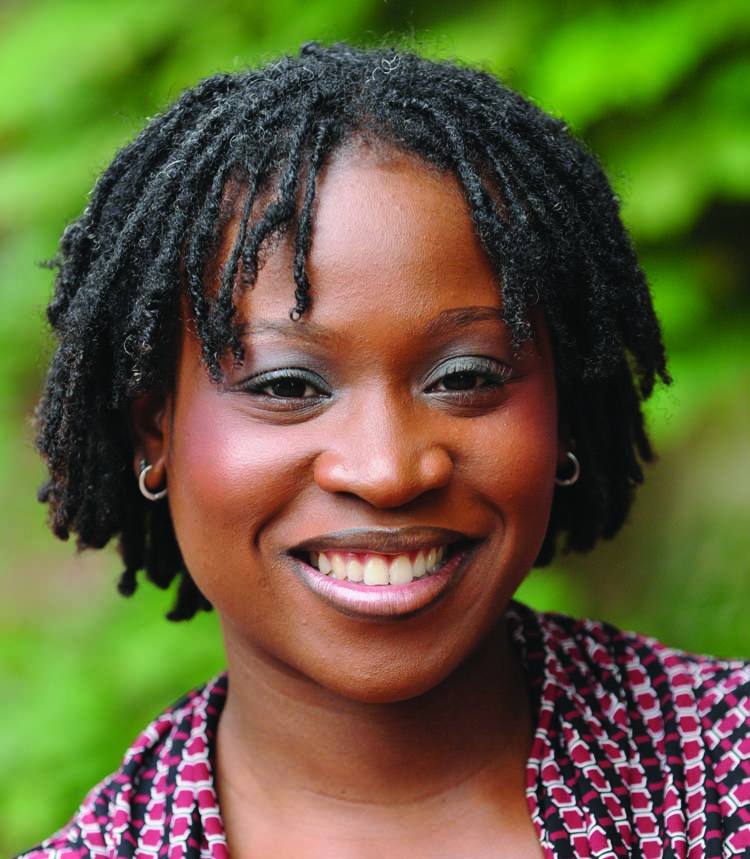Adrian Rosebrock ’14, Ph.D. Computer Science, in Catonsville Patch
Adrian Rosebrock ’14, a Ph.D. candidate in Computer Science, was featured in a June 6th article for the online local news site Catonsville Patch. The article focused on Rosebrock’s development of a website and an application for iPhones called Chic Engine, which is supposed to help consumers locate clothing online and helps compare which colors and designs are available at which stores. Images can be uploaded to the site and compared with others available on Chic Engine, and features men’s and women’s shirts along with dresses, currently. Speaking with Patch‘s Penny Riordan, Rosebrock described his motivation for starting the venture,… Continue Reading Adrian Rosebrock ’14, Ph.D. Computer Science, in Catonsville Patch

